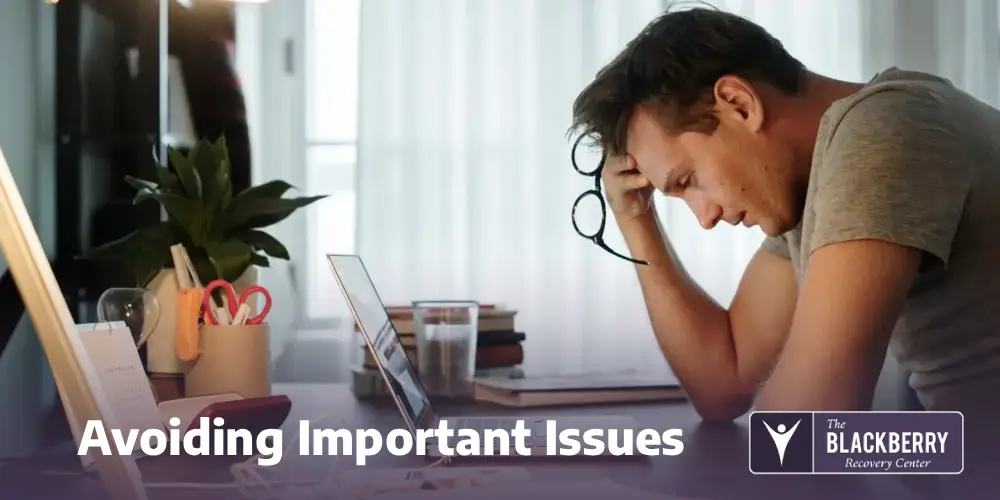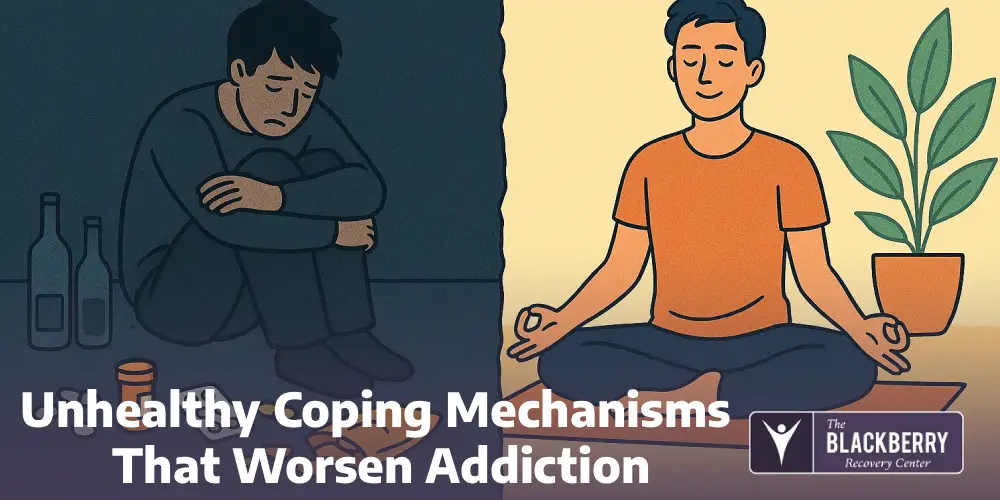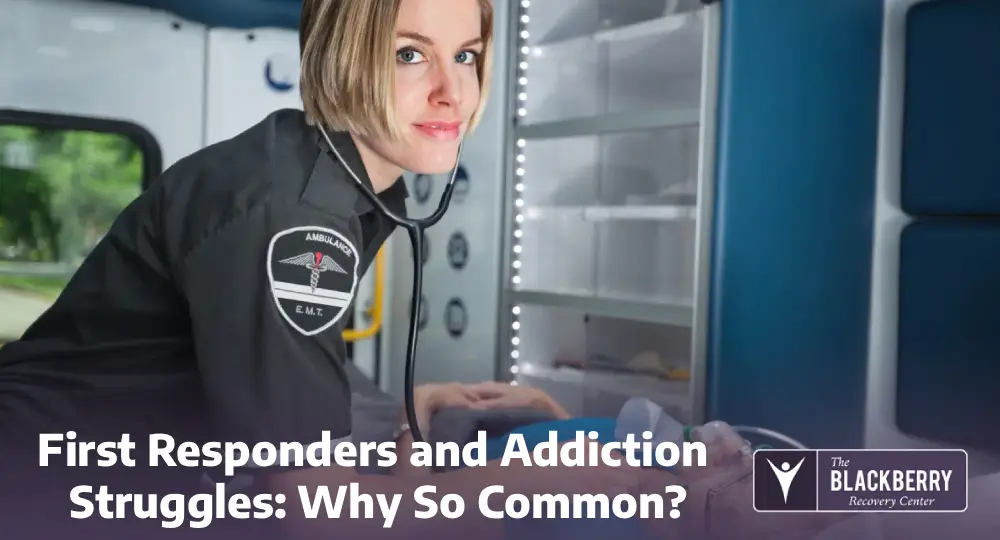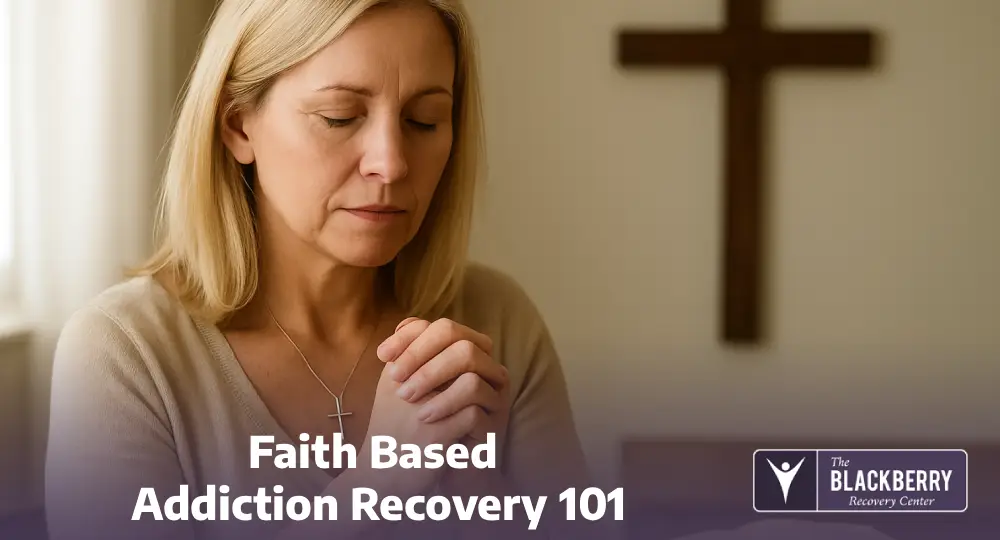When you think of unhealthy coping mechanisms, drug and alcohol addiction may come to mind. There’s no doubt that smoking, drinking, and the use of harder drugs like heroin, opioids, or methamphetamine are unhealthy coping mechanisms in their own right, but it’s also true that other types of coping mechanisms can contribute to addiction and mental illness.
Self-medicating with alcohol and other drugs is almost always a response to stress. One common stressor in today’s world is the coronavirus. Worrying about getting sick, worrying about loved ones getting sick, and dealing with all the life changes the virus has created can cause you to turn to an unhealthy coping mechanism, which in turn can lead to an addiction.
The holidays can also lead to self-medicating to deal with stress, as can things like work, family dynamics, bills, and more. If you want to help an addict, or if you want to increase the quality of your life and reduce your own addictive behaviors, it’s important to be aware of these unhealthy coping mechanisms that can lead to anxiety and addiction.
Avoiding Important Issues

Avoiding Important Issues
We all have important things that are happening in our lives. Facing them head-on can be stressful, but it also contributes to greater mental health. If you avoid dealing with the issue at hand, it’s going to increase the mental effects of stress and worsen your mental state.
Whether your life situation is good or bad, there are always things you can do to work through stress. Even if you can’t fix the entire situation, there are steps you can take. For example, if you are putting off a doctor’s appointment for fear of bad news, your anxiety will only build over time. By confronting the issue, you lessen your dependence on unhealthy coping mechanisms in the long run.
Other important issues that are commonly avoided include relationship problems, bills that are piling up, office politics, and children.
Spending Money
Overspending is great at masking anxiety, depression, and other mental health challenges in the short run, but it will catch up to you in the long run. It doesn’t matter if you technically have the money, either. If you’re buying designer clothes instead of saving for retirement or a child’s college fund, that can quickly lead to feelings of guilt. And that guilt can easily translate into an addiction.
Hanging Out with People Who Drink or Use Drugs
Hanging out with the right people can help support mental health and decrease your chances of experiencing problems with alcohol and anxiety, but hanging out with the wrong crowd can have the opposite effect.
If you have friends who always want to meet up at the bar, or if you have friends who frequently use drugs in front of you, you’re going to be more tempted to drink and use yourself. If you’re stressed because of work or family obligations, you might be tempted to hang out with your friends more often, and the more you hang out with them, the more likely you are to develop an addiction.
Working Too Much
Work can be a huge contributor to stress, decreased mental health, and self-medication dangers. You aren’t alone if you feel like you could use a drink every day you come home from the office. But working can also form an unhealthy coping mechanism, where you disappear into your job to avoid dealing with issues in your personal life.
Sometimes, people will take on extra responsibilities at work to avoid responsibilities at home. And this can give a short relief, but it can’t last. As things at home get worse, many people turn to drugs or alcohol as a means to continue avoiding an unpleasant situation. For this reason, throwing yourself into work may seem like a healthy coping strategy, but it’s actually dangerous and could lead to more serious problems down the road.
Not Addressing Your Mental Health

Not Addressing Your Mental Health
One of the biggest contributors to an addiction is your mental health. Stress can cause all kinds of mental health problems that can include depression, anxiety, psychosis, and post-traumatic stress disorder (PTSD). Unfortunately, there’s still a stigma attached to mental illness. Not to mention, accessing mental health services can be difficult or too expensive for many. Either might cause you to avoid addressing the mental health challenges you’re facing.
Video
Addiction I Full Documentary I NOVA I PBS
Hear firsthand from individuals struggling with opioid addiction and follow the cutting-edge work of doctors and scientists as they investigate why addiction is not a moral failing, but a chronic, treatable medical condition.
Easy access to drugs like heroin, fentanyl, and even prescription medications like OxyContin has fueled an epidemic of addiction—the deadliest in U.S. history. Now, science is revealing how addiction affects the brain, and top experts are gathering evidence about how we should address our drug problem, from embracing evidence-based treatments, to rethinking public policies.
FAQ
- What are unhealthy coping mechanisms in addiction?
Unhealthy coping mechanisms are behaviors or habits people use to avoid emotional pain or stress, such as drinking, drug use, overeating, or self-isolation, which often worsen addiction. - How do coping mechanisms make addiction worse?
They provide temporary relief but reinforce dependency, making it harder for the brain and body to break free from addictive cycles. - Why do people rely on unhealthy coping strategies?
Many turn to these behaviors because they provide quick comfort, distraction, or numbness from emotional or physical pain, even though they are harmful long-term. - What are healthier alternatives to unhealthy coping?
Healthy strategies include exercise, journaling, therapy, mindfulness practices, and building supportive social connections. - Can unhealthy coping lead to relapse in recovery?
Yes. If a person in recovery continues using unhealthy coping habits, it increases stress, cravings, and the risk of relapse.






